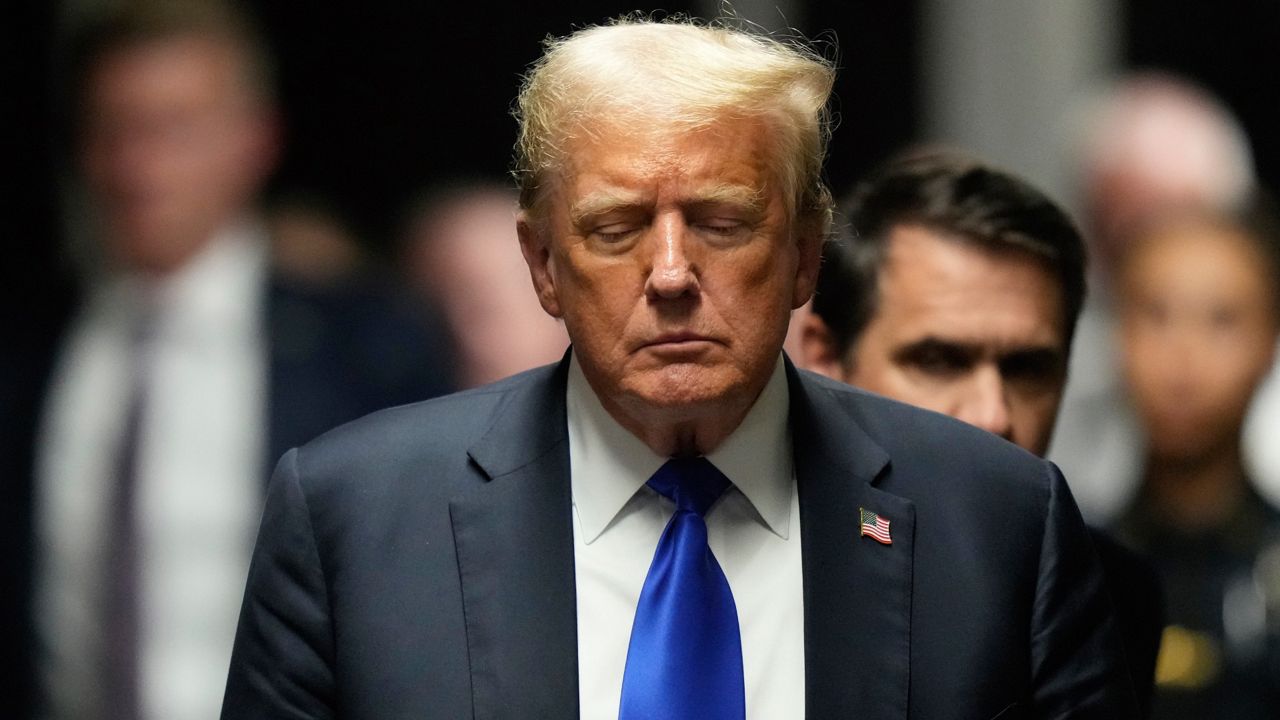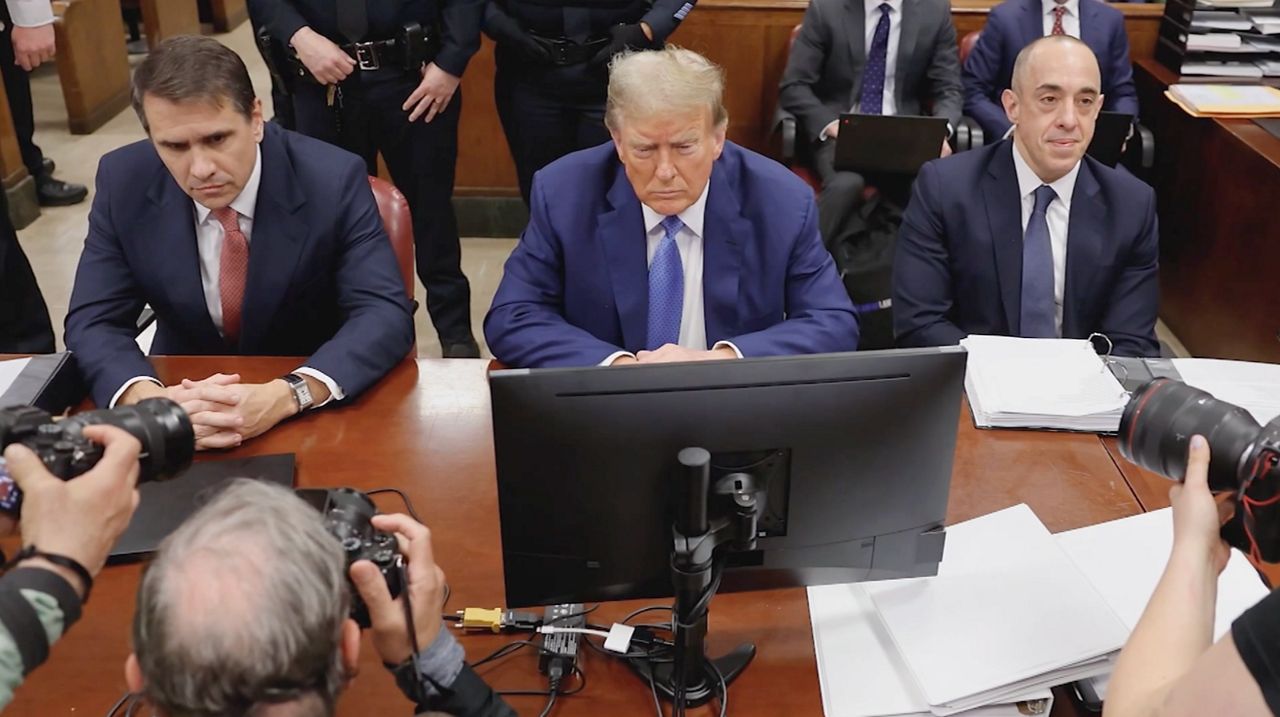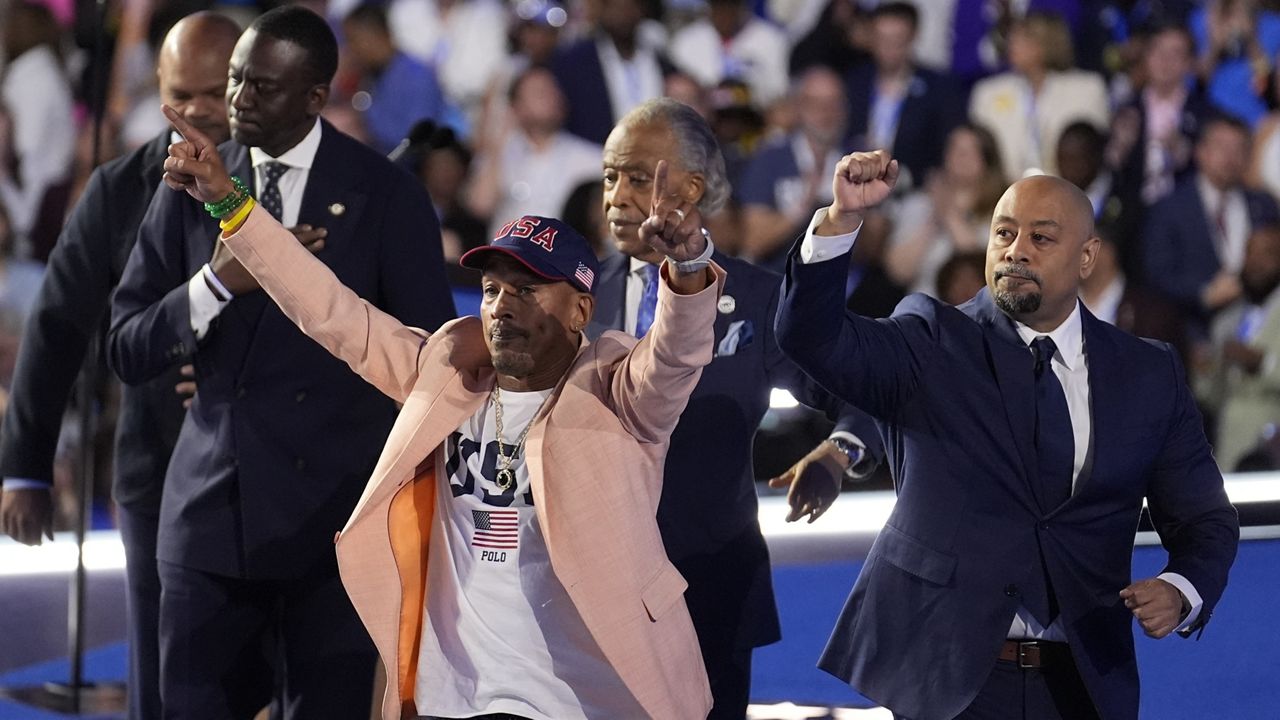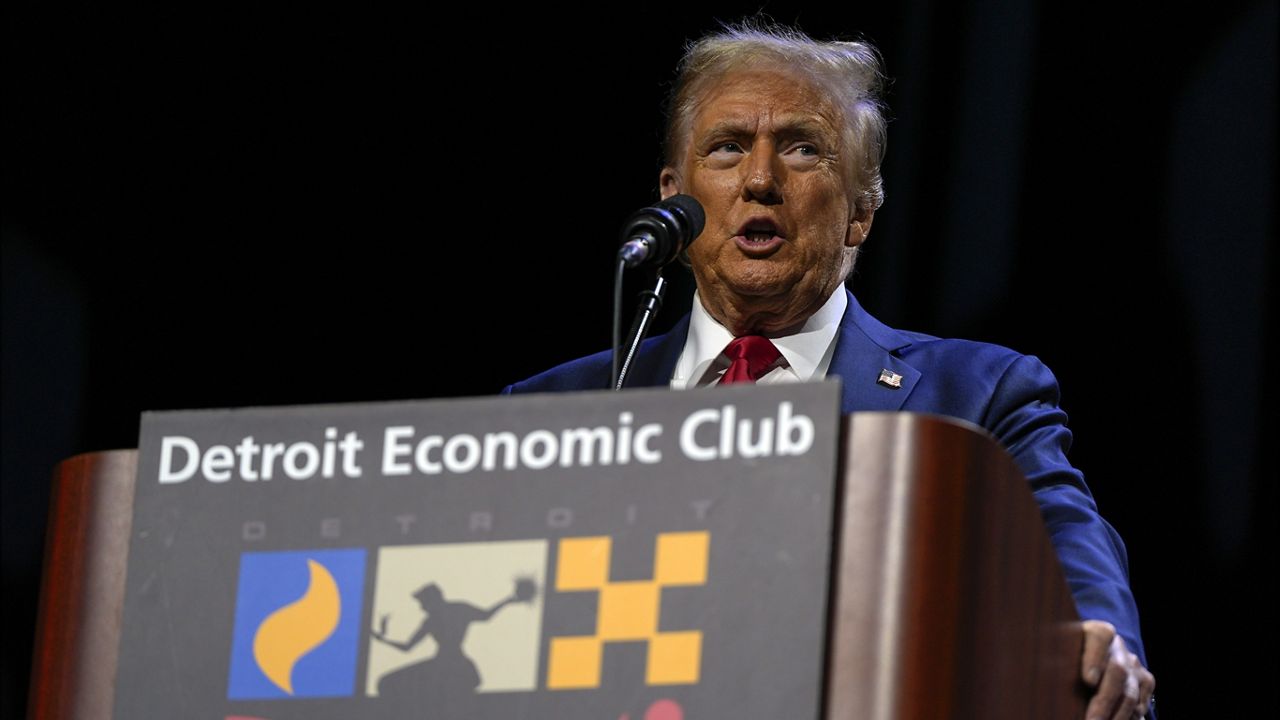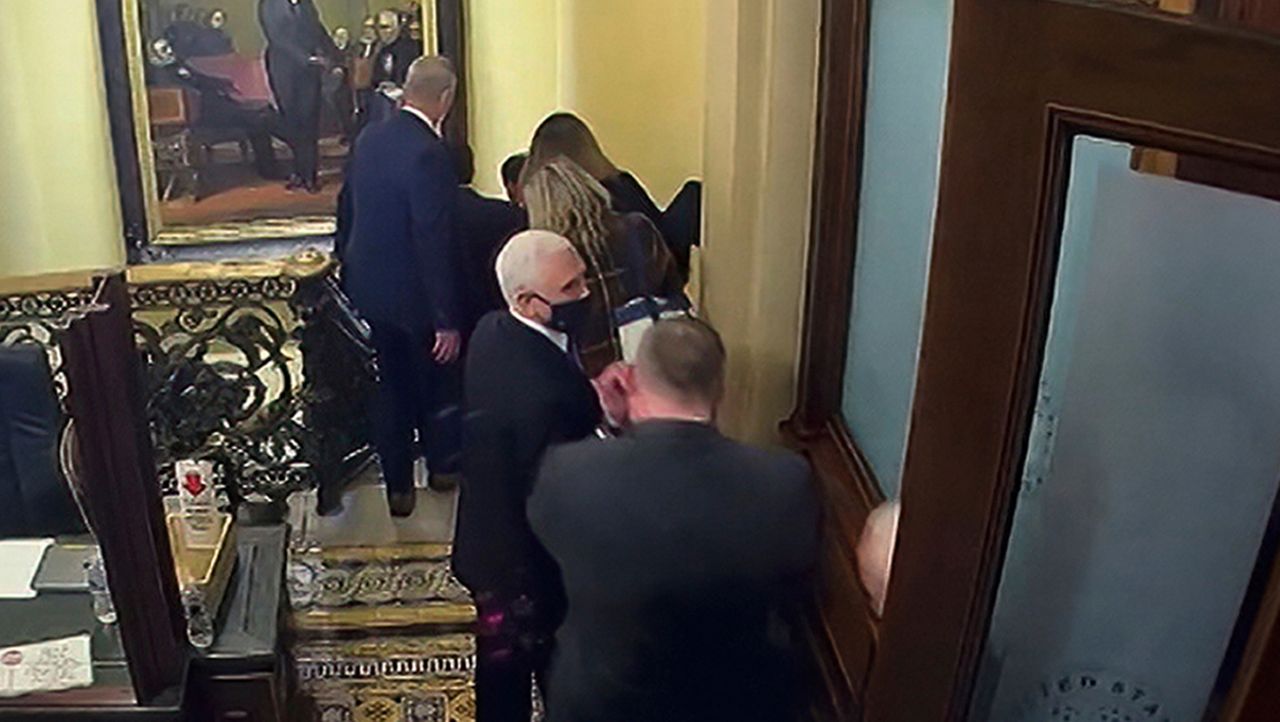New York's highest court declined to hear former President Donald Trump's challenge to the gag order in his criminal hush money case, leaving it in effect, according to a decision list posted on Tuesday.
The appeal was dismissed by the New York Court of Appeals "upon the ground that no substantial constitutional question is directly involved."
Judge Juan Merchan imposed a gag order in the case to prevent Trump from talking about witnesses, members of the jury, court staff and their family members and other individuals connected to the case. Merchan himself and Manhattan District Attorney Alvin Bragg were exempt from the order.
In taking the fight to the state's highest court, Trump's lawyers were attempting to circumvent Merchan, who is expected to rule soon on their request to lift the gag order anyway.
Trump repeatedly railed against the gag order, including falsely claiming that it was preventing him from testifying; Merchan clarified that the gag order did not prevent Trump from testifying following Trump's claim, and the former president ultimately did not testify on his own behalf.
Merchan fined Trump $10,000 and held him in contempt of court ten times for violating the gag order during the trial earlier this year, threatening to throw him in jail if he continued to violate it. Trump never did again, instead opting to invite campaign surrogates, members of Congress and vice presidential hopefuls to discuss what he couldn’t at regular press conferences outside the courthouse.
A jury found Trump guilty last month of 34 felony counts of falsifying business records related to hush money payments to adult film star Stormy Daniels to cover up an extramarital affair ahead of the 2016 presidential election. The former president denied the affair and has vowed to appeal his conviction.
Trump and his campaign did not have an immediate reaction to the Court of Appeals decision on Tuesday. But in court filings, his legal team argued that the gag order restricted Trump from adequately responding to criticisms from witnesses -- including his former lawyer Michael Cohen and Daniels -- and political opponents as he campaigned for president.
“The escalating political attacks targeting President Trump require that the Court act immediately to protect the important constitutional interests at stake,” Trump’s attorney Todd Blanche wrote in a court filing last week. “President Trump’s opponents and adversaries are using the Gag Order as a political sword to attack President Trump with reference to this case, on the understanding that his ability to mount a detailed response is severely restricted by the Gag Order.”
In an earlier court filing, the Manhattan District Attorney’s Office wrote that Merchan should keep the order in place because the court “has an obligation to protect the integrity of these proceedings” through Trump’s July 11 sentencing. They have until Thursday to respond fully to Blanche’s motion.
Merchan is expected to rule soon after that, possibly before Trump’s June 27 debate with President Joe Biden.
A message seeking comment was left Tuesday for the Manhattan District Attorney’s Office.
The Associated Press contributed to this report.




